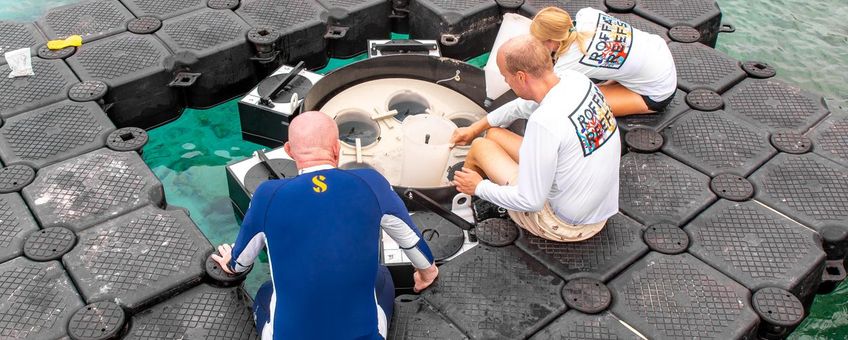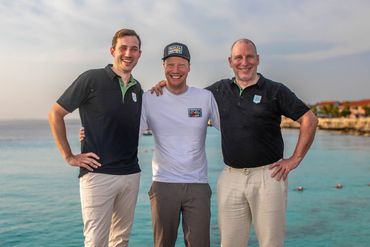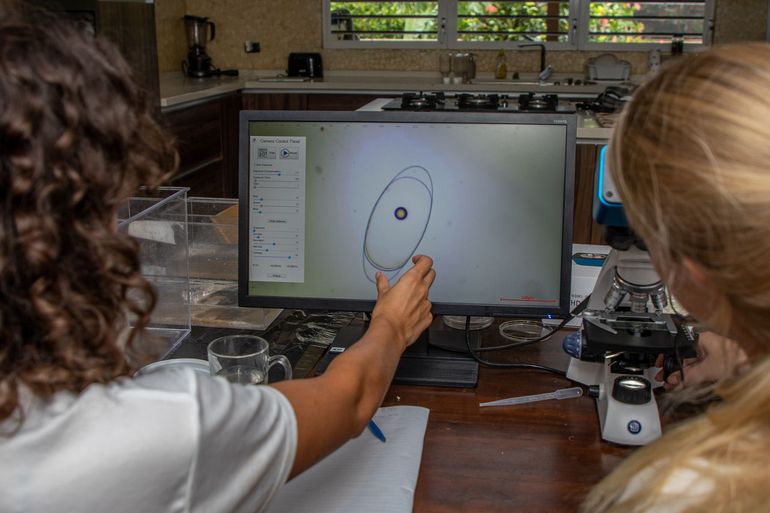
WWF-NL supports RoffaReefs of Diergaarde Blijdorp
Rotterdam Zoo, RoffaReefs, World Wide Fund for Nature – Netherlands
Just like Diergaarde Blijdorp, WWF-NL is also closely involved with the organization RoffaReefs. With a serious coral disease spreading in the Caribbean, among other places, RoffaReefs' technology is more relevant and urgent than ever. After the promising first results of founder Sander van Lopik and his team, WWF-NL decided to help the start-up in 2022. WWF-NL and Diergaarde Blijdorp have been very good partners for some time, which makes it even more wonderful that the separate ambitions merged in this overseas hub of the Rotterdam zoo. From its hub on Bonaire, Diergaarde Blijdorp will implement and support local and regional nature conservation projects. With the visit of Blijdorp director Erik Zevenbergen, the ties are not only strengthened but also further intensified.
What does RoffaReefs do?
RoffaReefs founder Sander van Lopik saw years ago that worldwide the corals were not doing well. Instead of planting farmed coral, he decided to explore another solution to the problem. Coral is a living organism that depends on the fish that maintain it, such as the well-known surgeonfish. Due to decades of overfishing, climate change, and pollution there are fewer fish to maintain and flourish the coral reef in many places around the world, with all its consequences.

Indispensable barrier
In Rotterdam, RoffaReefs developed a method to catch fish eggs, breed them, and release them back onto the corals. After years of testing in the 'controlled' environment of an aquarium, RoffaReefs moved its operations to Bonaire. After a lot of experimentation, it turned out that the technology can also be applied to the open sea. Thanks to the help of the local fishing cooperative Piskabon and nature organizations such as STINAPA, Dutch Caribbean Nature Alliance (DCNA), and WWF-NL, RoffaReefs managed to perfect the method and achieve the first important results. The hope and expectation are that through the combined forces, more organizations will join this promising project. This is important because healthy coral forms a natural and indispensable barrier against rising sea levels, a major and real threat to numerous islands.
Text: WWF-NL and Rotterdam Zoo
Photos: Casper Douma (lead photo: floating cultivation installation)
